
Thailand’s Choice
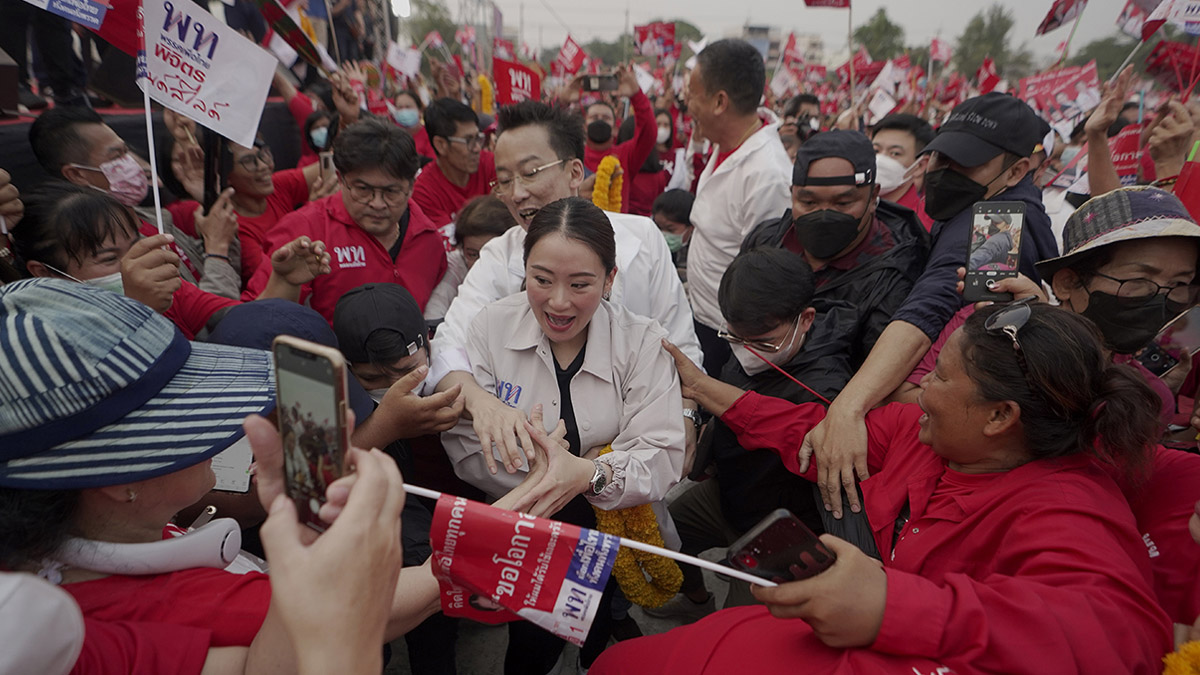
BANGKOK – Since Thailand’s military coup in 2014, the country has been plagued by human-rights violations and abuse of power, severely damaging its international reputation and economic prospects. Without a change of direction, Thailand’s future looks bleak.
Under Prime Minister Prayuth Chan-ocha, Thailand has been subject to widespread restrictions on freedom of expression, with young political activists abused, jailed, and chased into asylum abroad. Ethnic minorities, including the Rohingya, and economic migrants face routine discrimination and are forced to live in dire conditions.
Moreover, income inequality and household debt levels are now among the highest in Asia. Indeed, the growth rate of Thailand’s once-thriving “tiger economy” has sunk to near the bottom of ASEAN.
If elected as Thailand’s prime minister on May 14, I will take office determined to change course. Thailand must become an exemplar of the rule of law, and, as geopolitical tensions and great-power rivalries roil the region, it must uphold the ideals of non-intervention and peace. To achieve shared prosperity, we must work toward an ASEAN region built on trust and confidence, free from corruption and suspicion.
At the heart of the Pheu Thai Party’s vision for Thailand’s future is our belief that a capitalism rooted in empathy is the only way to address the numerous socioeconomic issues and divisions that the current administration has exacerbated. To rebuild the Thai economy, we must encourage free and fair competition and promote market-driven innovation, rather than oligarchies and nepotism.
By implementing effective welfare and income-support programs, Thailand can combat rising inequality. In April 2022, I announced the One Family One Soft Power scheme, which aims to develop Thai workers’ skills. Our goal is to leverage the labor force’s untapped potential to increase employment opportunities and income for all our citizens.
Under a Pheu Thai administration, we will establish the Thailand Creative Content Agency, a one-stop institution designed to merge public- and private-sector service providers, streamline regulation, and provide loans and tax incentives to boost the private sector’s competitiveness. THACCA will also support research and innovation in industry and agriculture.
Moreover, with effective governmental support, Thai goods will be reintegrated into global supply chains. Our goal is to re-establish Thailand’s standing in the world economy by leveraging the country’s strategic location and ASEAN membership (which give it access to a market of more than 660 million people) to lure foreign businesses, organizations, festivals, and events.
As the daughter of former Prime Minister Thaksin Shinawatra, I have had the unique opportunity to meet many world leaders and gain insights into successful diplomacy, which is never a zero-sum game. As prime minister, it would be my responsibility to restore confidence in the country’s reliability, which previous administrations’ misguided actions have eroded. I intend to engage with world leaders and investors as a trustworthy interlocutor, and I am confident that the establishment of a government that upholds the rule of law and fosters truly competitive business will stimulate economic growth.
By fostering a sustainable, inclusive economy, we will attract the new investment that Thailand requires. But to fulfill our goal of becoming ASEAN’s financial hub, we must also equip Thais with the infrastructure necessary to face the challenges of today’s disruptive digital economy.
To this end, we have announced a plan to provide every citizen over 16 years of age with a 10,000 baht ($297) digital wallet. Moreover, we plan to integrate blockchain technology into federal government systems to enhance access to public services, which would improve citizens’ lives and make Thailand more appealing to international investors.
Following the 2014 coup, many previously friendly countries imposed sanctions on Thailand and cut aid. A Pheu Thai administration will work night and day to repair the country’s damaged ties and expand its trade partnerships with the United States, Canada, South America, Australia, New Zealand, the European Union, Japan, South Korea, China, and the rest of Asia.
In particular, we would seek to revitalize relations with Western countries, which have withered since the coup. Finalizing the long-delayed Thailand-EU Free Trade Agreement, which promises to boost Thailand’s GDP by 1.6%, is one of our top priorities, as is enabling our citizens to travel visa-free to more countries, thereby facilitating economic activity and cross-cultural interaction.
A Pheu Thai government would also be committed to strengthening relations with countries across the region, especially China. By integrating into China’s Belt and Road Initiative via the high-speed train that runs through neighboring Laos, we could promote peace, stability, and prosperity between all three countries. We would also seek to assume a leadership role in ASEAN and enhance our economic links with adjacent countries such as Myanmar, Laos, Cambodia, and Malaysia.
To strengthen these ties and enhance trade, a Pheu Thai-led Thailand would pursue cross-border projects, standardize customs procedures, streamline regulations, and create special economic zones. In this regard, finalizing the Joint Development Agreement with Cambodia could play a crucial role in boosting energy security and regional cooperation.
Thailand cannot regain its global standing and establish itself as a regional leader without protecting human rights and adhering to international law. Pheu Thai is committed to upholding the rights of all people, including ethnic minorities such as the Rohingya, both within and outside our borders.
Likewise, environmental concerns have been ignored since the 2014 coup. But carbon pricing, renewable energy, sustainable agriculture, and the adoption of electric vehicles must be at the top of Thailand’s economic agenda. If elected, I am committed to upholding the COP26 agreement, which Thailand signed in 2021, and creating a sustainable economy. And, to encourage Thailand’s neighbors to adopt sustainable agricultural practices, we would consider implementing tariff barriers, such as those imposed by the EU and the US.
Since 2014, political corruption and favoritism, economic inefficiency, and environmental degradation have hindered Thailand’s development and erased much of the progress our hard-working citizens had made over the past four decades. Only by boosting economic growth, restoring the rule of law, and recovering democratic legitimacy will Thailand’s government regain our citizens’ trust and return the country to its rightful position on the world stage. I pledge to do just that.
Paethongtarn Shinawatra is a candidate for prime minister of Thailand and head of the Pheu Thai Family.
Copyright: Project Syndicate, 2023.
www.project-syndicate.org


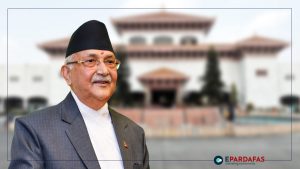
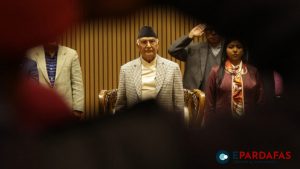

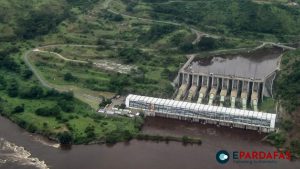
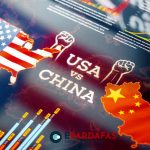

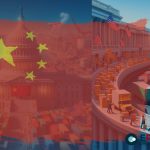



Comments